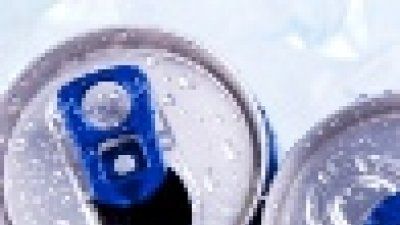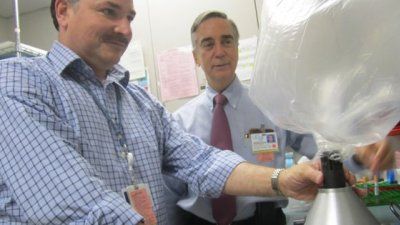Stem Cell Odyssey Leads from Tusks and Teeth to Gut
<p>Medical geneticist Ophir Klein's studies of stem cells in tooth development and of stem cell changes in the gut may lead to new strategies for regenerating teeth and for treating craniofacial abnormalities.</p>




